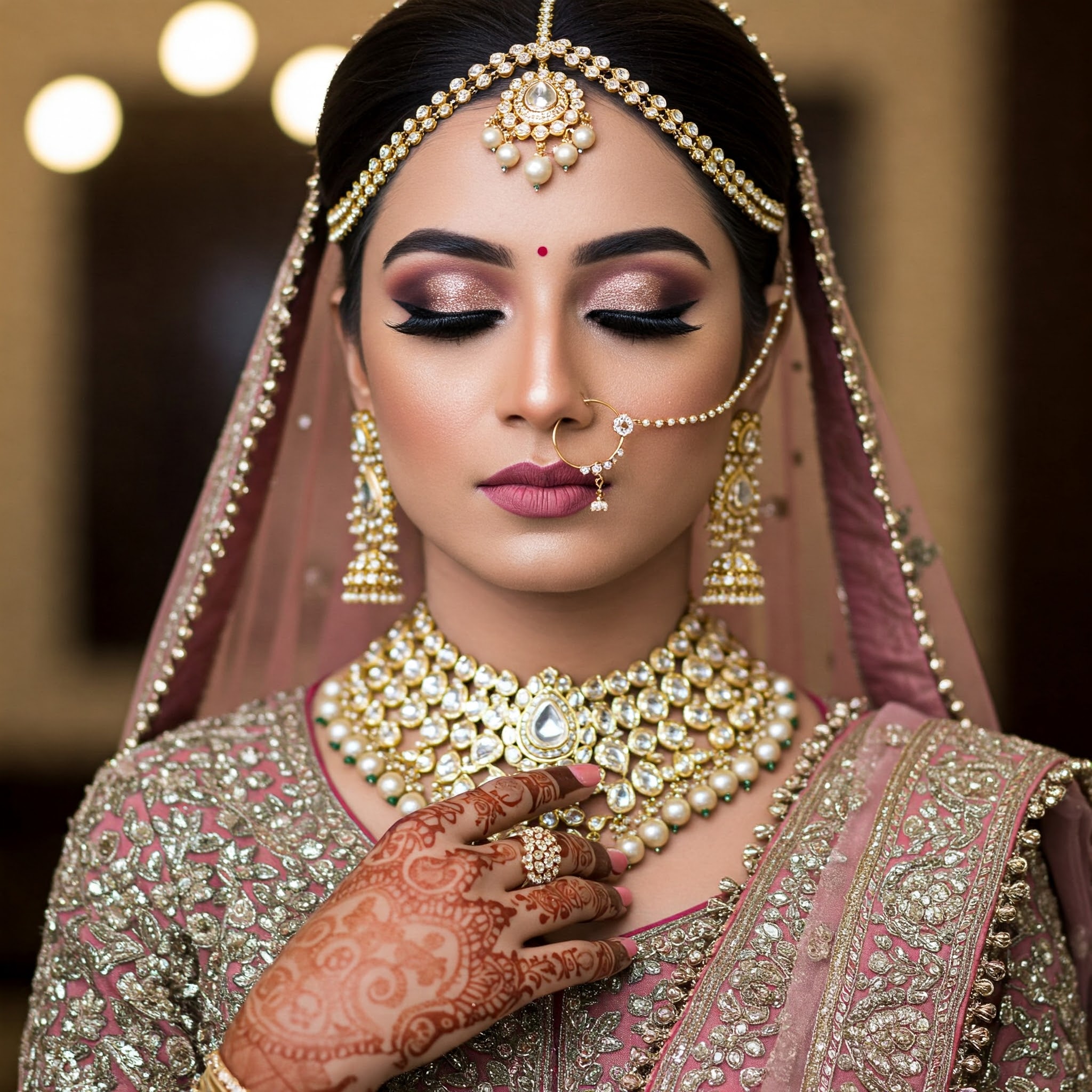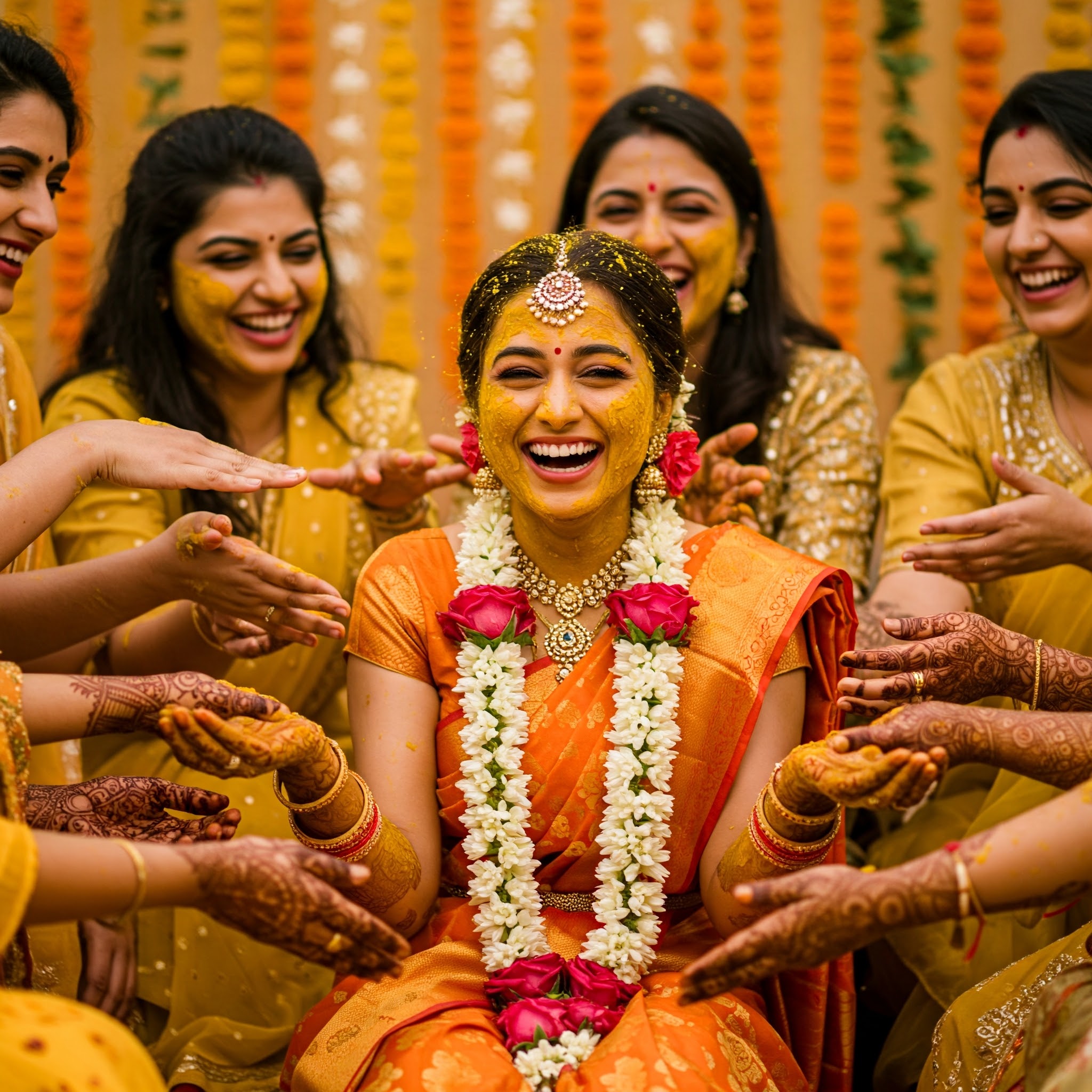
Why Indian-Origin Singles Prefer Partners from Their Own Culture
26-Nov-2025 digi shaadi
Introduction
Across the world, millions of Indian-origin singles—whether living in the US, UK, Canada, Australia, Europe, or the Middle East—are choosing life partners who share their cultural background. Despite modern lifestyles, global exposure, and growing cross-cultural interactions, the preference for same-culture relationships remains strong.
This isn’t because Indian-origin singles are resistant to change—it’s because culture shapes identity, communication style, values, and long-term expectations in ways that deeply influence marriage. Choosing a partner with a similar cultural foundation often leads to smoother compatibility, easier understanding, and stronger emotional connection.
This blog explores the actual psychological, emotional, cultural, and social reasons why Indians abroad prefer culturally aligned matches and why this trend continues to grow even among Gen Z and second-generation immigrants.
1. Shared Cultural Values Create Natural Compatibility
Indian culture teaches values such as respect, family bonding, responsibility, commitment, emotional maturity, and long-term thinking. These values are strong cornerstones in marriage.
For many Indian-origin singles, a partner who has grown up with similar values naturally understands:
-
How important family is
-
How responsibilities are shared
-
Why compromise matters
-
The role of respect in relationships
-
The meaning of long-term dedication
When two people come from the same cultural foundation, they don't need to explain these values—they are already understood. This makes the bond more stable and reduces friction.
2. Similar Upbringing Means Less Adjustment Pressure
Upbringing shapes behavior, habits, expectations, communication, and relationship styles.
Indian-origin individuals—no matter where they live—often have a shared upbringing experience shaped by:
-
Academic focus
-
Strong family guidance
-
Cultural festivals and rituals
-
Community involvement
-
Traditional celebrations
-
Respect for elders
-
Food preferences
-
Social norms
When both partners have similar backgrounds, it becomes easier to:
-
Understand each other’s lifestyle
-
Adjust to daily habits
-
Sync personal expectations
-
Avoid cultural misunderstandings
A shared childhood culture creates a sense of familiarity that feels comforting, especially in long-term relationships.
3. Language Comfort Deepens Emotional Connection
Language is more than words—it's emotion, tone, comfort, and belonging.
Indian-origin singles often feel emotionally closer when they can speak:
-
Their mother tongue
-
A regional dialect
-
Mixed languages like Hinglish or Tanglish
-
Expressions only Indian families use
Language helps partners:
-
Express emotions more freely
-
Avoid misunderstandings
-
Connect through humor and cultural references
-
Feel “at home” with each other
A partner who understands your language understands your emotions better.
4. Cultural Foods and Lifestyle Habits Matter in Daily Life
Food is a surprisingly strong bonding factor.
Imagine:
A Tamil partner craving idli-sambar, a Punjabi partner loving parathas, or a Gujarati partner preferring vegetarian food. These habits shape everyday life.
Indian-origin singles often prefer partners who:
-
Enjoy similar meals
-
Understand spice levels
-
Share food restrictions (vegetarian, Jain, Halal, etc.)
-
Follow fasting traditions
-
Celebrate food-related festivals
Shared food culture leads to fewer conflicts and more joyful experiences around cooking and dining together.
5. Religion and Rituals Play a Big Role in Family Life
For many Indian-origin families, religion is not just worship—it’s a lifestyle.
Cultural matches make it easier to share:
-
Festival celebrations
-
Religious beliefs
-
Temple or church traditions
-
Prayer habits
-
Spiritual values
-
Moral guidance for children
Partners who belong to the same religious or cultural background often find it easier to plan:
-
Wedding ceremonies
-
Family festivals
-
Naming traditions
-
Children’s upbringing
This alignment becomes especially important in long-term relationships.
6. Family Expectations Become Easier to Manage
Indian families, whether in India or abroad, are deeply involved in their children’s lives—especially marriage.
When partners share the same culture:
-
Families adjust easily
-
In-laws connect faster
-
Traditions align naturally
-
There is mutual respect
-
Social expectations are understood
A same-culture match reduces conflict between:
-
Partner and family
-
Two families joining together
-
Cultural rituals
-
Wedding planning
-
Parenting decisions
This makes the entire marital journey smoother for both partners.
7. Similar Relationship Goals and Mindsets
Indian-origin singles typically value:
-
Long-term relationships
-
Commitment over casual dating
-
Family involvement
-
Stability over short-term passion
These priorities come from cultural upbringing. A partner from a similar culture is more likely to:
-
Seek marriage instead of temporary companionship
-
Plan life with responsibility
-
Value trust, loyalty, and emotional maturity
-
Understand boundaries
When both partners want the same kind of relationship, they grow together instead of growing apart.
8. Emotional Security and Identity Belonging
Being with someone who understands your culture gives a deep sense of emotional comfort.
Cultural connection helps partners feel:
-
Seen
-
Understood
-
Accepted
-
Respected
-
Less judged
In a foreign country where cultural differences are huge, having a partner who understands your identity acts like a support system.
This sense of belonging strengthens the relationship naturally.
9. Future Planning with Children Becomes Easier
Many Indian-origin singles prefer that their future children:
-
Learn their mother tongue
-
Know their festivals
-
Understand their roots
-
Stay connected to India
-
Carry forward family traditions
A culturally aligned partner makes this process smoother.
It becomes easier to:
-
Teach children both modern and traditional values
-
Celebrate Indian festivals
-
Maintain language and cultural identity
-
Build a balanced global-Indian upbringing
This is a major reason NRIs and second-generation Indians prefer same-culture partners.
10. Reduced Cultural Conflicts Leads to Happier Marriages
Cross-cultural relationships can be beautiful, but they often require a lot of:
-
Compromise
-
Understanding
-
Negotiation
-
Lifestyle adjustment
-
Family alignment
Same-culture relationships naturally avoid many of these conflicts.
Partners face fewer differences in:
-
Festivals
-
Food
-
Family roles
-
Communication styles
-
Social expectations
This leads to a more peaceful, harmonious marriage.
11. Community Influence and Social Familiarity
Indian communities abroad are close-knit.
Most friendships and social circles revolve around:
-
Temples
-
Cultural associations
-
Indian festivals
-
Regional groups
-
Family friends
Within these circles, it's natural to meet and bond with people who share the same background.
This familiarity encourages relationships within the culture.
12. Online Matrimony Makes Same-Culture Matching Easier
Platforms like DigiShaadi make it extremely convenient for Indian-origin singles to find culturally compatible partners globally.
Features like:
-
Search by caste/community
-
Regional filters (Tamil, Punjabi, Bengali, Telugu, etc.)
-
Religion-specific matches
-
Language preferences
-
NRI-only match options
-
Verified profiles
-
Family involvement features
help singles connect with someone who truly understands their cultural expectations.
This convenience strengthens the trend of same-culture matchmaking even among modern youth.
Conclusion
Indian-origin singles prefer partners from their own culture not out of limitation—but out of emotional understanding, shared values, and long-term compatibility. Culture shapes identity, communication, expectations, and family bonds. When two people share these foundations, building a relationship becomes smoother, deeper, and more harmonious.
In a world where everything is changing fast, cultural familiarity gives stability, comfort, and a sense of belonging. And this is why same-culture matchmaking continues to thrive globally.




